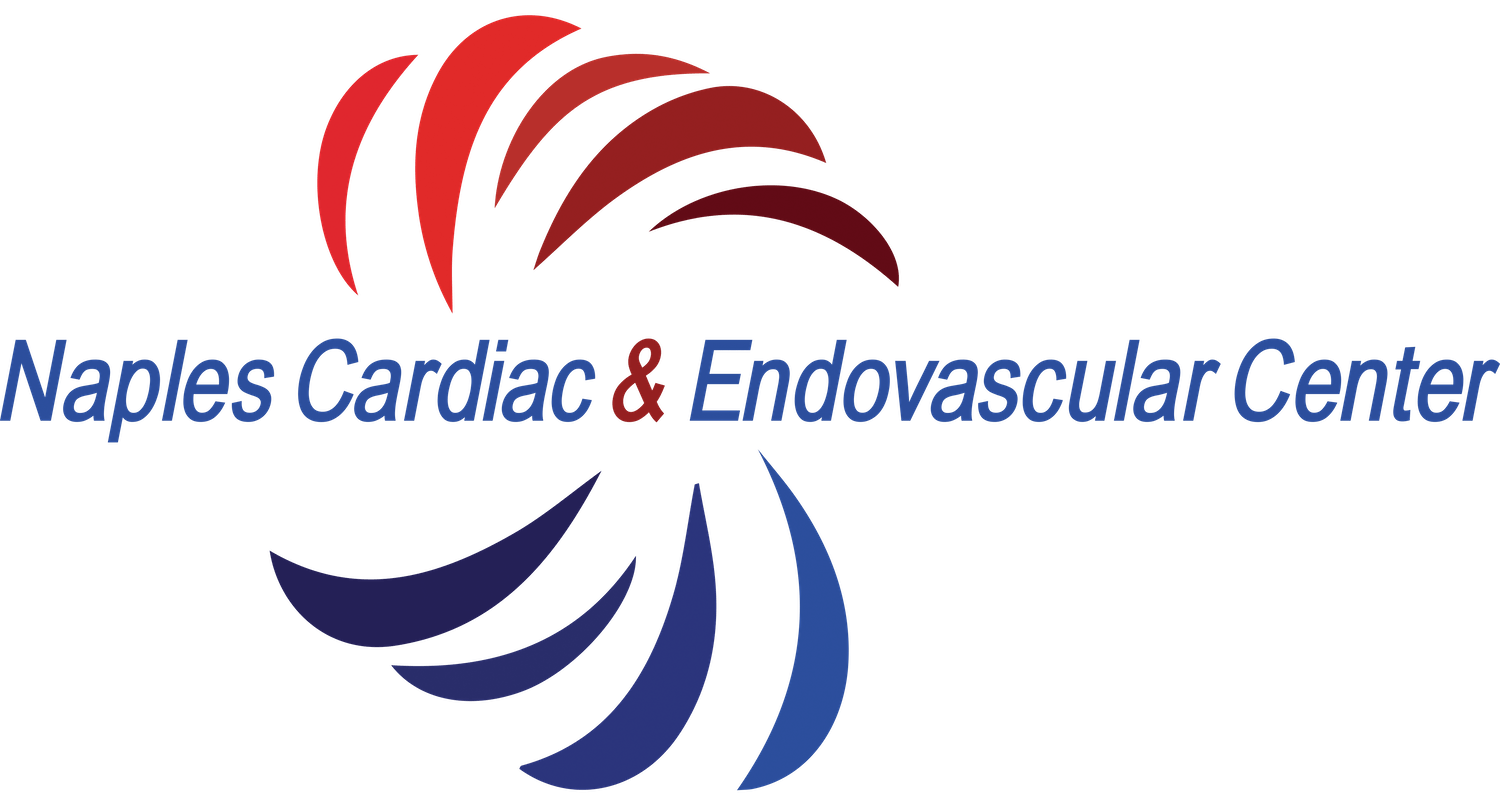Cardiac arrest overview
Cardiac arrest is the abrupt loss of heart function in a person who may or may not have been diagnosed with heart disease. It can come on suddenly or in the wake of other symptoms. Cardiac arrest is often fatal if appropriate steps aren’t taken immediately.
Dr. Leandro Perez discusses cardiac arrest.
Causes of cardiac arrest
A multitude of factors can cause sudden cardiac arrest, including:
Low blood oxygen conditions
Medication side effects
Electrolyte abnormalities
Blood loss
Congenital heart disease
Inherited channelopathies
Pulmonary disease
Substance abuse
Infectious diseases
Illicit drug use
What is the difference between cardiac arrest and a heart attack?
A heart attack can be the cause of cardiac arrest. Cardiac arrest can occur without a heart attack. Heart attacks are caused by reduced heart muscle blood supply. Cardiac arrest can occur with normal heart arteries.
What are the symptoms of cardiac arrest?
Most people DO NOT have any symptoms of cardiac arrest until it happens. Early symptoms of cardiac arrest are often warning signs. Getting treatment before your heart stops could save your life.
Symptoms may include:
Sudden loss of consciousness; a person will fall to the floor or slump down if sitting
No pulse
No breathing
In some cases, patients may notice premonitory symptoms before cardiac arrest. These may include:
A racing heart
Dizziness
Shortness of breath
Nausea or vomiting
Treatments for cardiac arrest
Bystander cardiopulmonary resuscitation (CPR) with immediate application of an automated external defibrillator (AED) is the emergency treatment for cardiac arrest. These treatments may get the heart beating again once it has stopped. Eliminating, treating and correcting any offending cause is fundamental.
Medications, coronary revascularization, pacemaker implant, defibrillator implant, electrophysiology study and avoidance of culprit causes may be recommended depending on the specific situation.
To request a consultation click below or call (239) 300–0586


